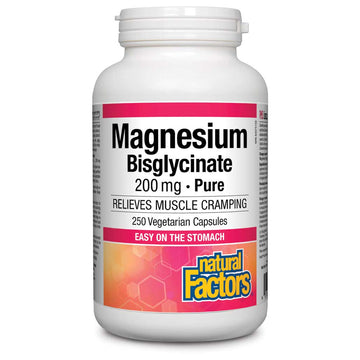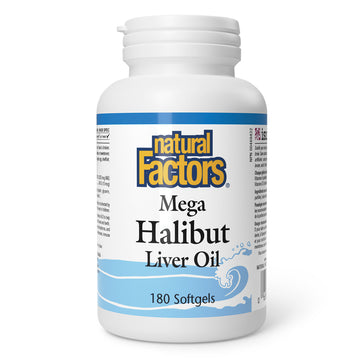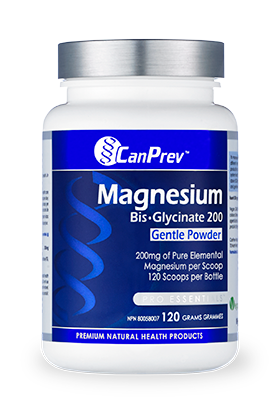Best vitamins & supplements for PMS
(285)
Premenstrual syndrome (PMS) is a group of physical and emotional symptoms that many women experience before their menstrual period. While there is no cure for PMS, there are several things you can do to manage your symptoms and reduce their severity. In some cases, taking certain vitamins and supplements may help. However, it's important to talk to your doctor before starting any new supplements, to make sure they are safe and appropriate for you.
Calcium: Calcium is a mineral that is important for bone health and may help reduce the severity of PMS symptoms. You can get calcium from foods like dairy products, leafy green vegetables, and fortified foods, or from supplements.
Vitamin D: Vitamin D is important for maintaining healthy bones and may help reduce the severity of PMS symptoms. You can get vitamin D from exposure to sunlight, certain foods, and supplements.
Magnesium: Magnesium is a mineral that is involved in many bodily processes, including nerve and muscle function. Some studies have suggested that magnesium supplements may help reduce PMS symptoms. You can also get magnesium from your diet by eating foods like nuts, seeds, and leafy green vegetables.
Evening primrose oil: Evening primrose oil is a plant-based oil that contains essential fatty acids. Some studies have suggested that it may help reduce PMS symptoms, such as cramps and breast tenderness.
In addition to taking supplements, there are other things you can do to manage your PMS symptoms, such as exercising regularly, eating a healthy, balanced diet, and avoiding alcohol and caffeine.
Calcium: Calcium is a mineral that is important for bone health and may help reduce the severity of PMS symptoms. You can get calcium from foods like dairy products, leafy green vegetables, and fortified foods, or from supplements.
Vitamin D: Vitamin D is important for maintaining healthy bones and may help reduce the severity of PMS symptoms. You can get vitamin D from exposure to sunlight, certain foods, and supplements.
Magnesium: Magnesium is a mineral that is involved in many bodily processes, including nerve and muscle function. Some studies have suggested that magnesium supplements may help reduce PMS symptoms. You can also get magnesium from your diet by eating foods like nuts, seeds, and leafy green vegetables.
Evening primrose oil: Evening primrose oil is a plant-based oil that contains essential fatty acids. Some studies have suggested that it may help reduce PMS symptoms, such as cramps and breast tenderness.
In addition to taking supplements, there are other things you can do to manage your PMS symptoms, such as exercising regularly, eating a healthy, balanced diet, and avoiding alcohol and caffeine.






























